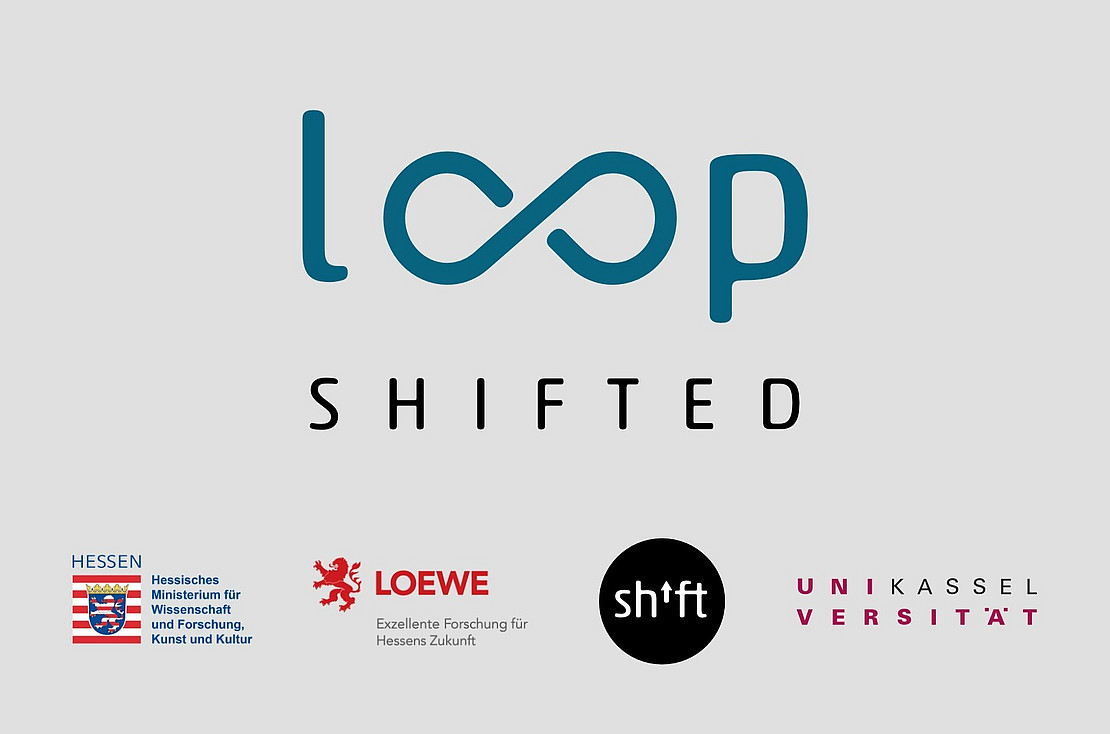loopSHIFTED
Development and testing of a technical and organizational remanufacturing process to promote the repairability of smartphones


This project (HA project no. 1685/24-32) is financed with funds of LOEWE – Landes-Offensive zur Entwicklung Wissenschaftlich-ökonomischer Exzellenz, Förderlinie 3: KMU-Verbundvorhaben (State Offensive for the Development of Scientific and Economic Excellence).
Background
More than 1 billion smartphones are sold annually worldwide as products of information and communication technology. In Germany alone, the stock is estimated at 62.6 million devices in use and nearly 200 million unused devices (as of 2023). A significant portion of the environmental impacts of these devices is associated with the extraction and processing of raw materials required for their production. This impact becomes even more pronounced when devices are only used for a short period: the average usage time for smartphones is less than two years, and more than half of private smartphones are less than a year old. Extending the lifespan of smartphones is, therefore, a crucial measure to reduce resource consumption and associated environmental impacts, which can be particularly achieved by improving the repairability of devices.
Objectives
The goal of the project is to develop and test a technical and organizational remanufacturing process that enhances smartphone repairability. Modular smartphones require a fundamentally different architectural approach, particularly in terms of mechanical design and how various components are connected. For modularizing a previously non-modular smartphone, the technically demanding integration of new modules and modified existing components is necessary. To ensure that technology contributes to the Sustainable Development Goals (SDGs), its sustainability must be continuously evaluated. The project includes assessing the ecological benefits of implemented measures using environmental footprints. This ensures that the most environmentally sound decision or alternative is chosen.
Project partners
SHIFT GmbH
Campus 7
34590 Falkenberg
Germany
https://www.shift.eco
Sustainable Technology Design
Mosenthalstraße 8
34117 Kassel
Germany
https://www.uni-kassel.de/maschinenbau/en/institute/thermische-energietechnik/fachgebiete/sustainable-technology-design/welcome
Dr. Anna Schomberg


